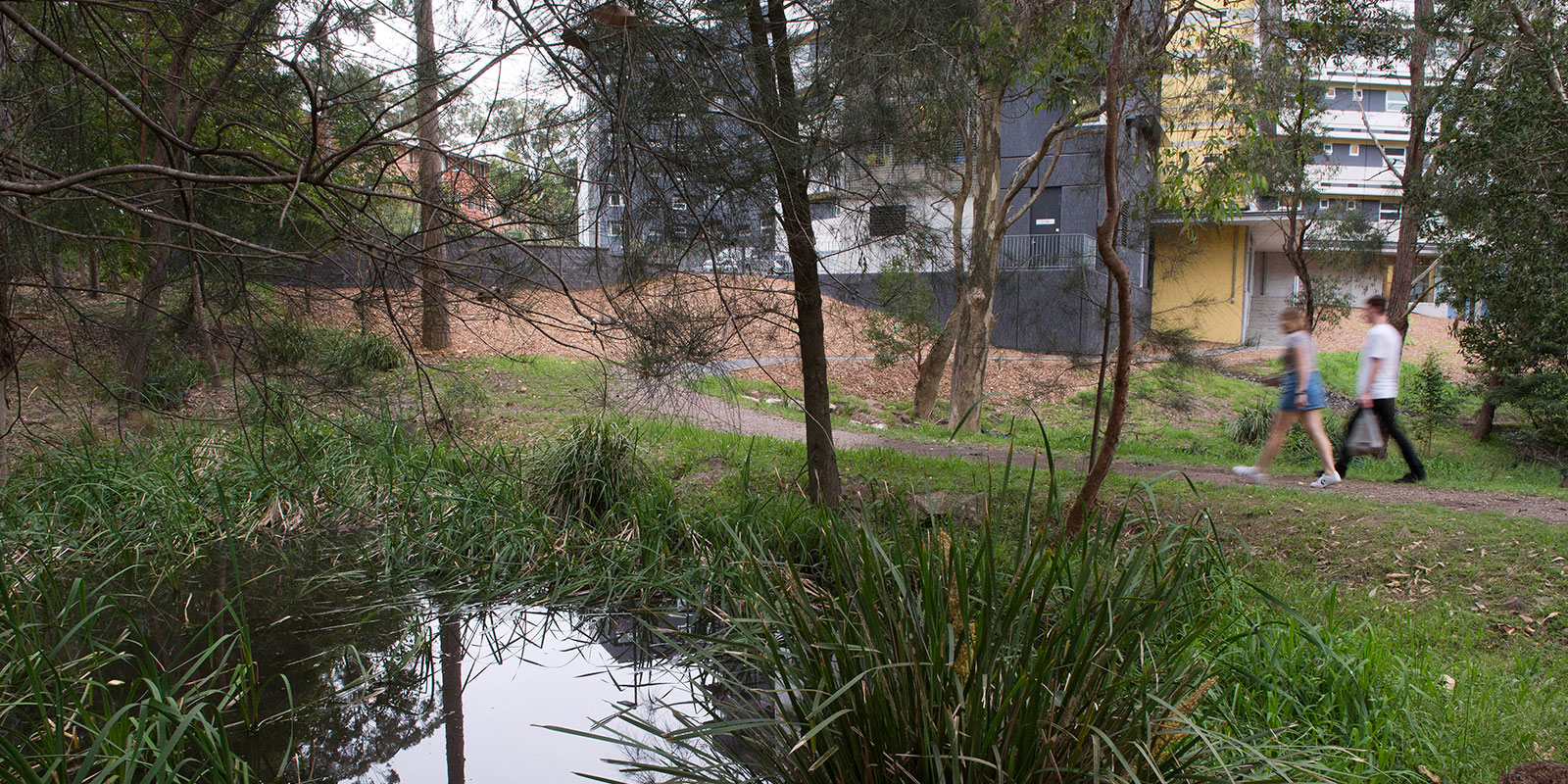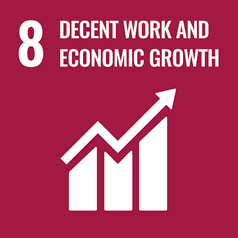

Goal 8:
Decent Work and Economic Growth
Employment Practice: Unions
The University of Newcastle formally recognises the right of all staff members, including women and international staff, to be union members and to be represented by unions in employment relations.
- Clause 7.5.4 of the University of Newcastle Academic Staff and Teachers Enterprise Agreement states:
"The University recognises a staff member’s right to be a member of and to be represented by a Union, and the contribution that the Union makes to employment relations within the University."
- This recognition applies to all academic staff, regardless of gender, nationality, or employment classification.
- These agreements came into force in 2023, remained in force in 2024, and will continue to until they are replaced.
Additional Policies, Structures & Practices Supporting Union Recognition & Participation
- Staff Consultative Committee (SCC)
- The University maintains a Staff Consultative Committee made up of University, union, and staff representatives.
- The SCC meets regularly (about every two months) to oversee matters related to employment conditions and enterprise agreement implementation.
- Because union representatives are formal participants in that forum, it provides structural recognition and inclusion of unions in institutional decision‑making.
- Separate Professional Staff Enterprise Agreement
- The University has a Professional Staff Enterprise Agreement that covers non‑academic staff.
- This ensures that union recognition is not limited to academics, but extends to professional, technical, and administrative staff.
- Enterprise Bargaining & Union Endorsement
- During the formation of new enterprise agreements (EAs), unions like NTEU and CPSU are actively involved and endorse the agreements before they go to ballot.
- This implies that the University recognises unions as negotiating parties, not just as external stakeholders.
The University of Newcastle acknowledges the traditional custodians of the lands within our footprint areas: Awabakal, Darkinjung, Biripai, Worimi, Wonnarua, and Eora Nations. We also pay respect to the wisdom of our Elders past and present.